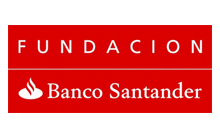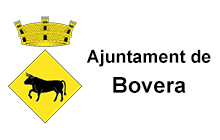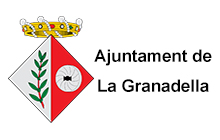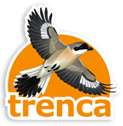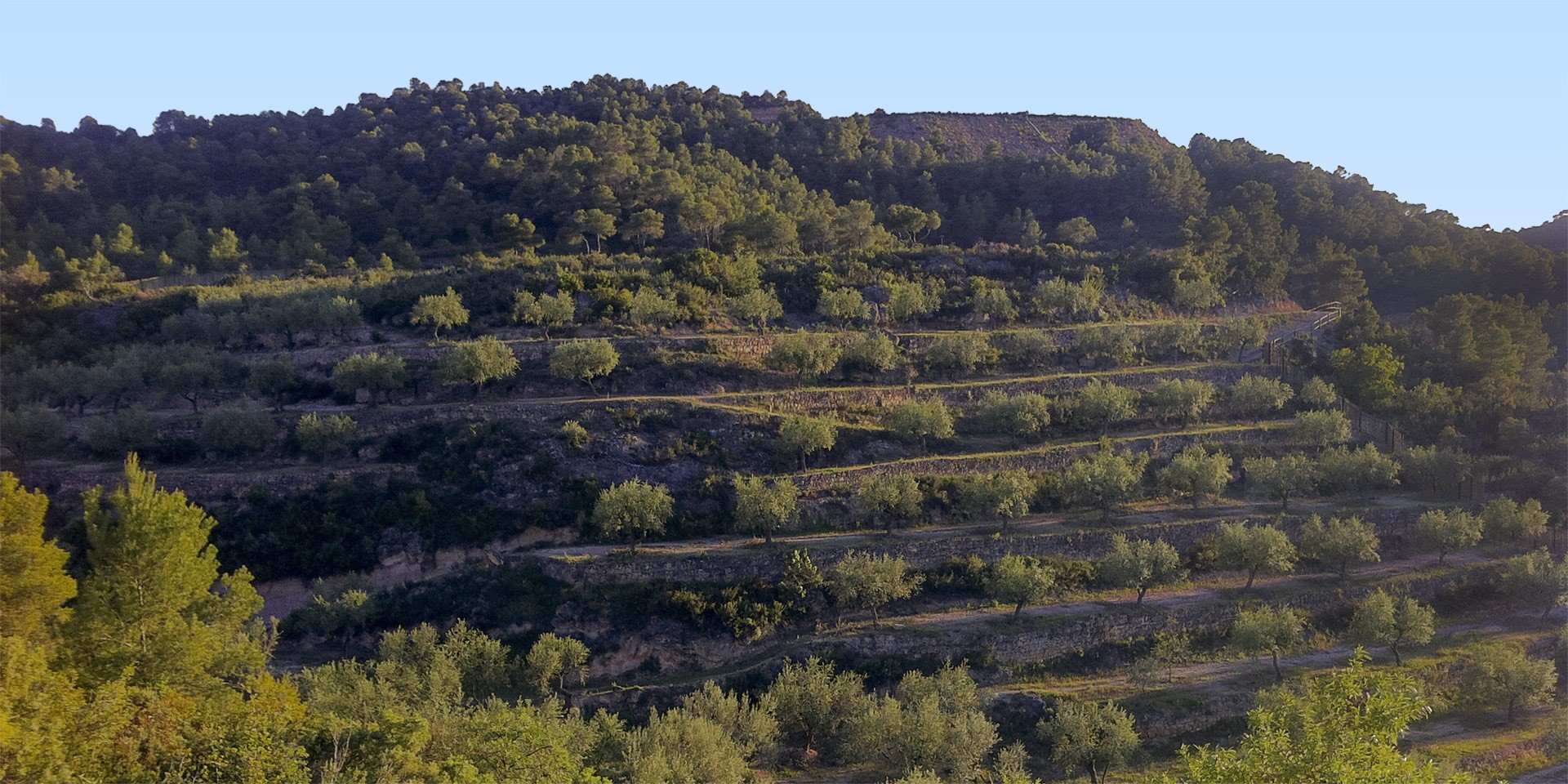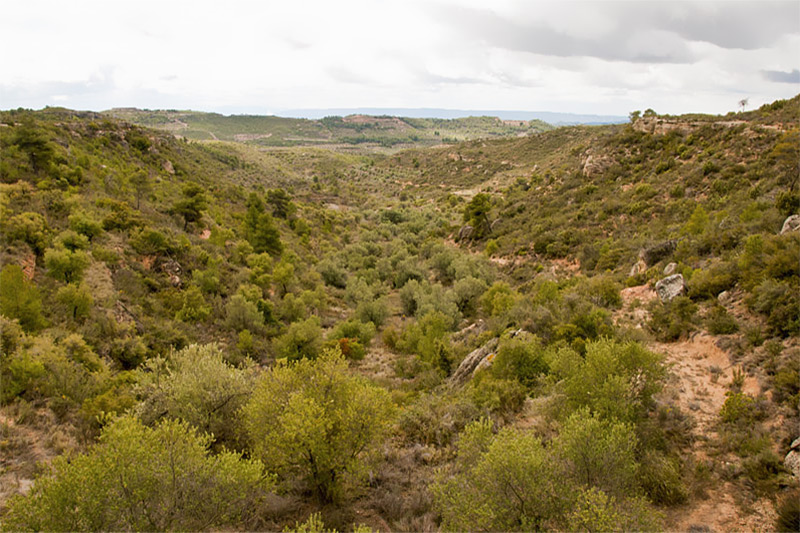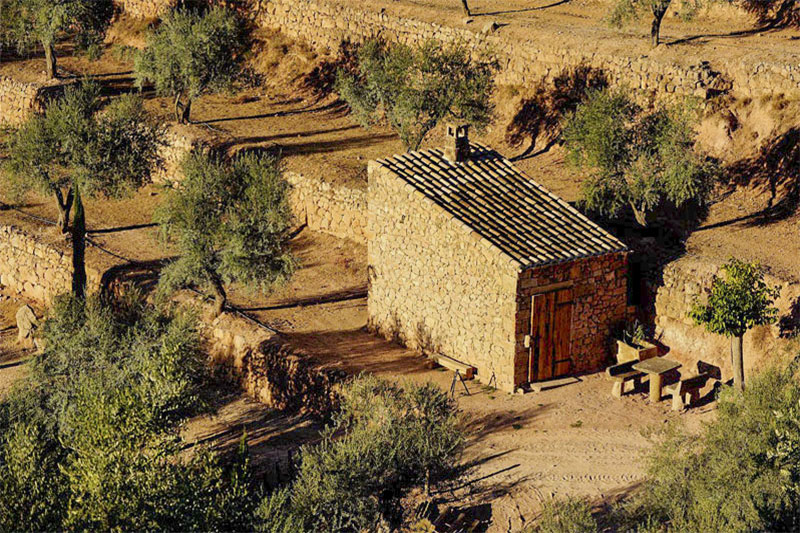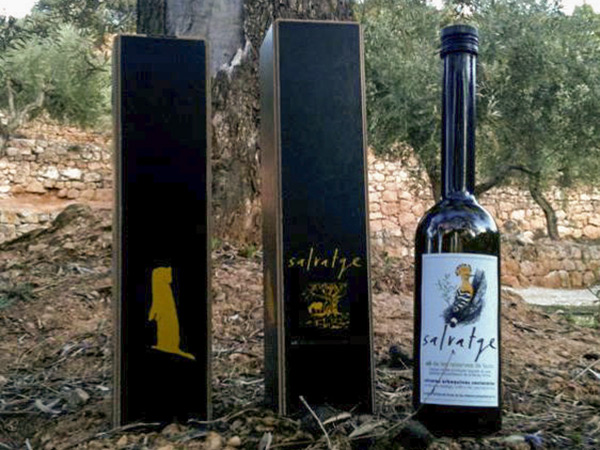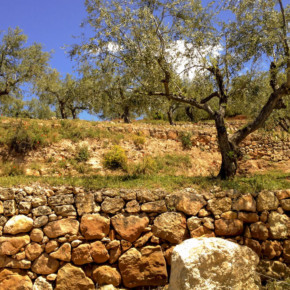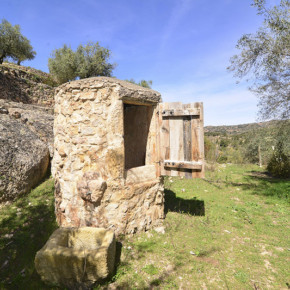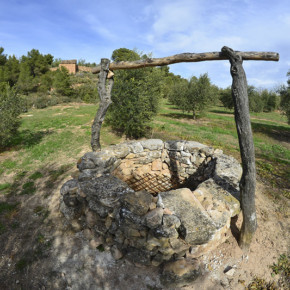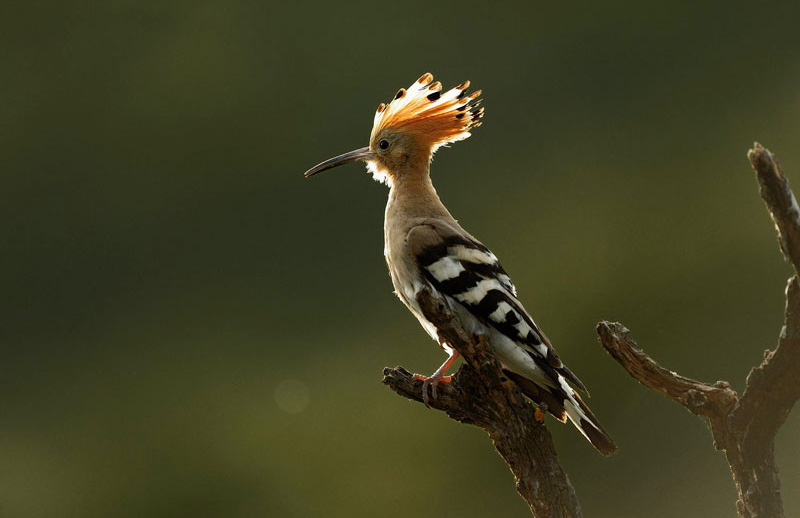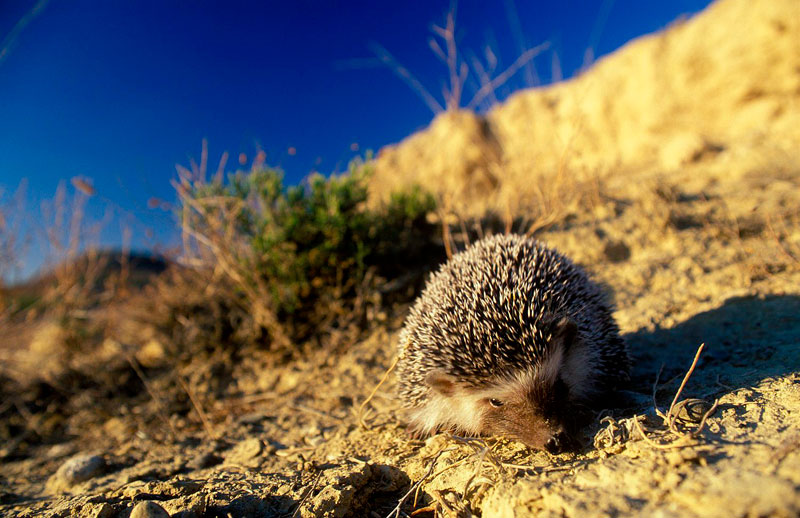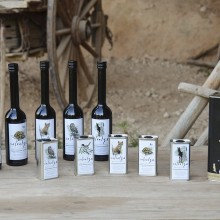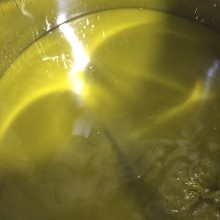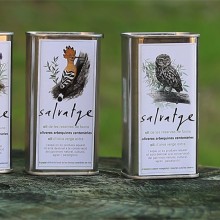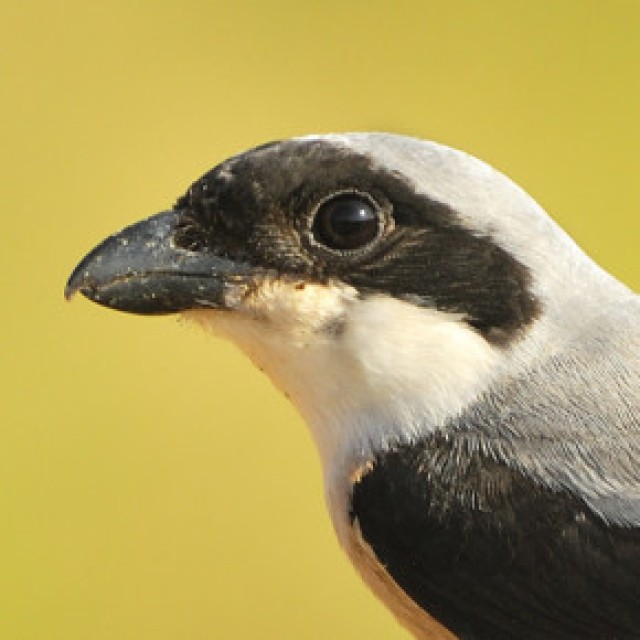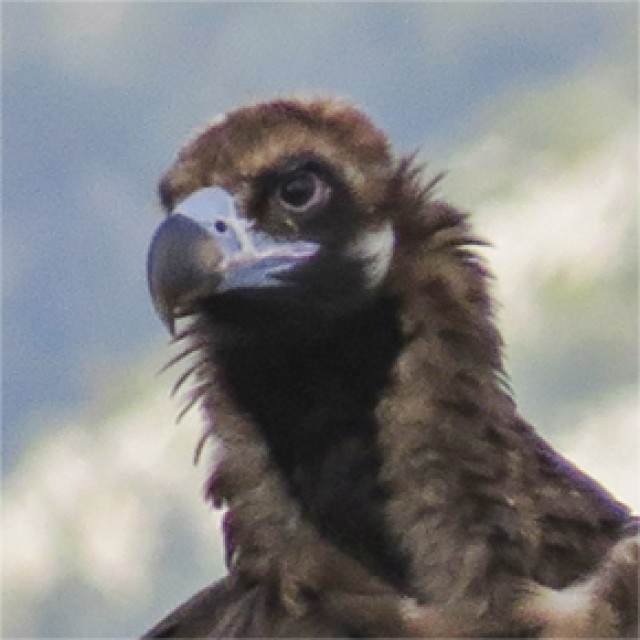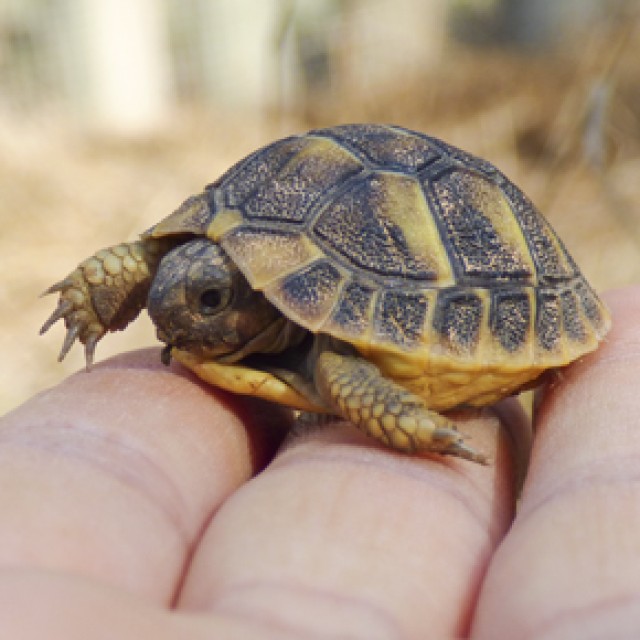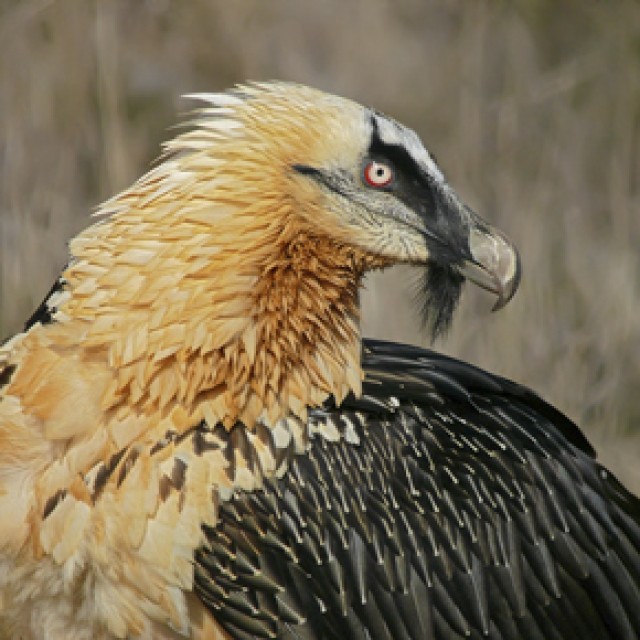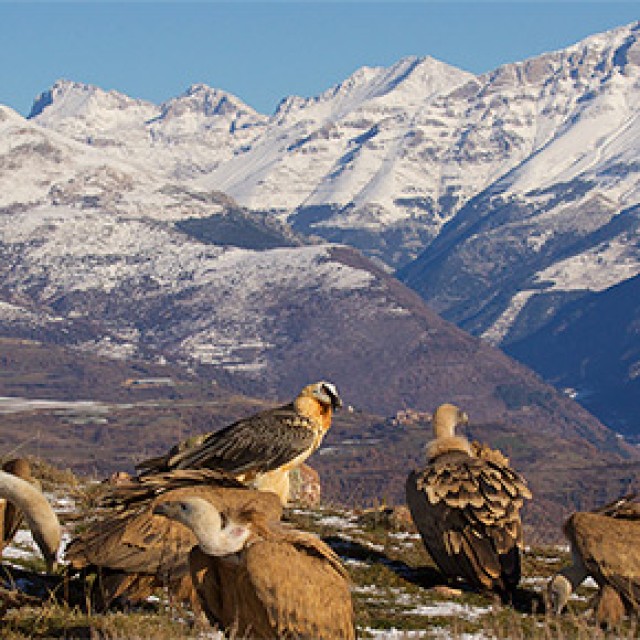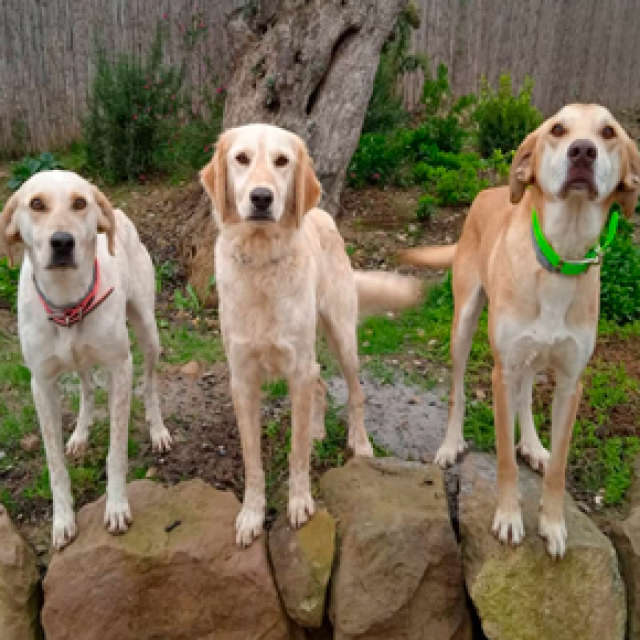The scrubland area located to the south of Les Garrigues regional district, in the province of Lleida, is part of the Ebro depression. It is characterised by a harsh climate: low pluviometry and very contrasting temperatures. These conditions, together with the farming and ranching activities, have created a unique environment in the Mediterranean ecosystem.
Les Garrigues is considered one of the most depressed regional districts in Catalonia. This means that the area has a strong need for actions to stimulate its economy (agricultural, livestock grazing, commercial actions…), to enhance the integration of people in the area as well as to preserve its patrimonial values. It is in this area and in this direction that Trenca Association has launched its initiative.
The foundations of the project are to carry out an agricultural activity that has to be:
- Financially profitable: through a high quality product and a proximity based sale avoiding intermediaries.
- Environmentally sustainable: through organic production and habitat and wildlife improvement actions.
- Respectful of the cultural and landscape heritages of the territory: through the recovery of patrimonial elements and lanscape improvements.
To get the project up, Trenca has bought an agricultural estate of a little more of 4 ha in the municipality of Bovera, and has also entered into land stewardship agreements with local landowners. This area was chosen because it is a representative example of the Mediterranean scrubland ecosystem. It consists of an olive grove, distributed in terraces that were built using dry stone structures, surrounded by arboreal and herbaceous communities associated with the Mediterranean forest.
Another highlight of this project is to imply in the conservation of these areas, through direct participation, all actors involved: farmers, ranchers, cooperatives, businesspeople, hunters societies…, as well as local, county and provincial entities in order to get an holistic coordination.
Actions carried out:
Agricultural heritage:
- To recover hundred-year-old olive groves that now are grown using organic agriculture.
- To start up and to encourage organic production projects, either farming or ranching.
Landscape heritage:
- To maintain / restore native vegetation.
- To prevent forest fires (cleaning, clearing, pruning).
Natural heritage:
- To place nest boxes and facilities for releasing finches.
- To restore old water tanks and to make small ponds to ensure water points for birds and mammals and breeding places for amphibian and invertebrate species.
- Genetic reserve and captive breeding for the Hermann’s tortoise (Testudo hermanni hermanni), to support the reintroduction project of the species in Catalonia.
Cultural heritage:
- To restore dry stone buildings (cabins, walls, structures, cisterns, etc.).
- To recover the culture of exploitation of rainwater.
Dry stone walls, strucures and cisterns restored with the project. © Trenca
For growing olive trees using organic farming, no mineral fertilisers or treatments are applied if they are not allowed by the CCPAE (Catalan Council of Ecological Agricultural Production).
The final product is marketed under the brand name Salvatge. (Wild). Olive oil from the wildlife reserves.
Visit our shopIt is worth noting that profits from the sale of the olive oil are earmarked for expanding land stewardship agreements and for environmental and farms recovery actions.

Rustic asinine livestock controls weeds and is a source of organic fertilizer for the agricultural parcels . © Trenca
With this project, on the one hand, we want to prove that a profitable economic activity with organic products can be made not only because of its value with regard to human health, but also because of another added value: the conservation of the agricultural, landscape, natural and cultural heritages that is associated with this project. On the other hand we want that all these activities, directly or indirectly, will be an economic stimulus for the regional district.
The hoopoe and the hedgehog , two characteristic species of the area. © Jordi Bas

With the collaboration of:
